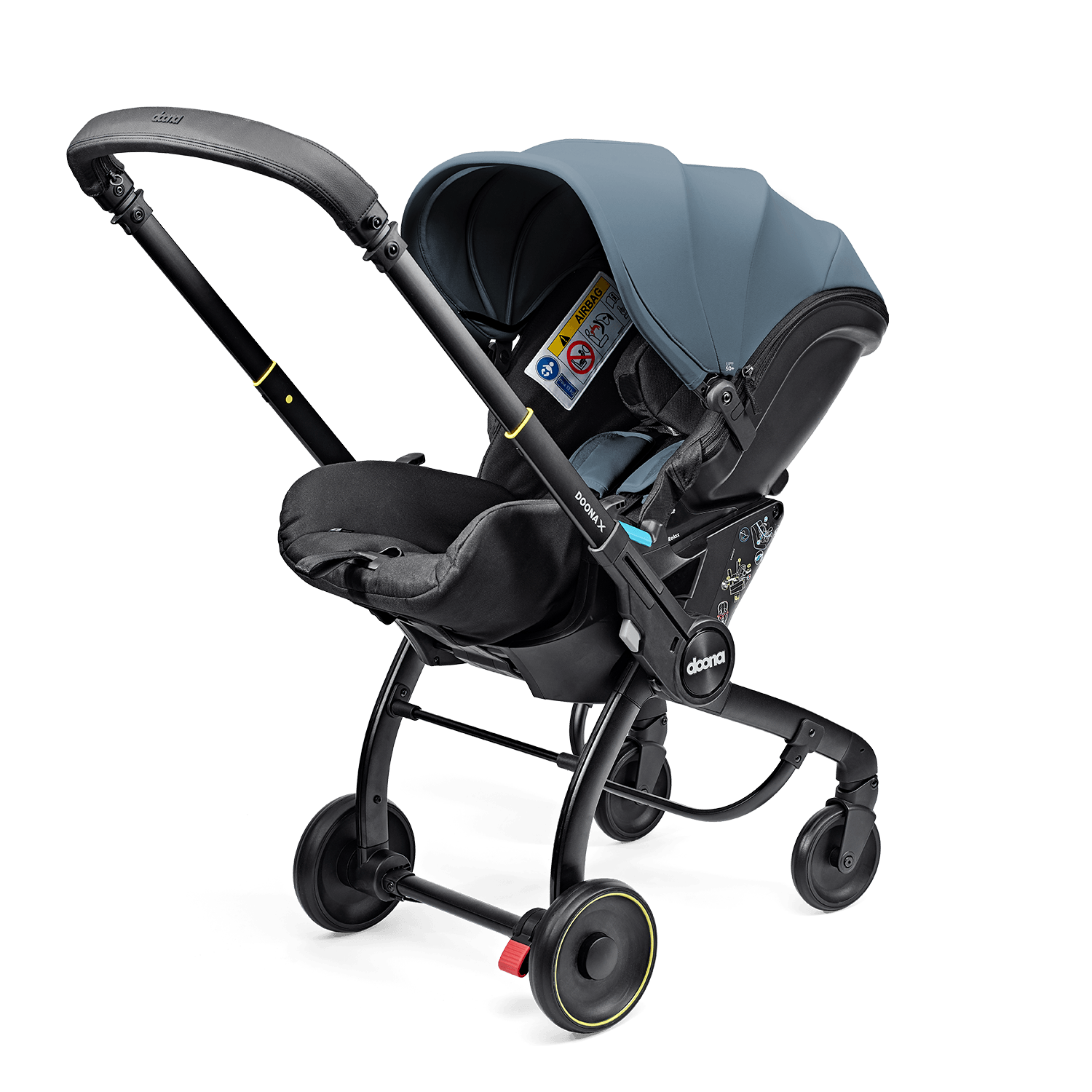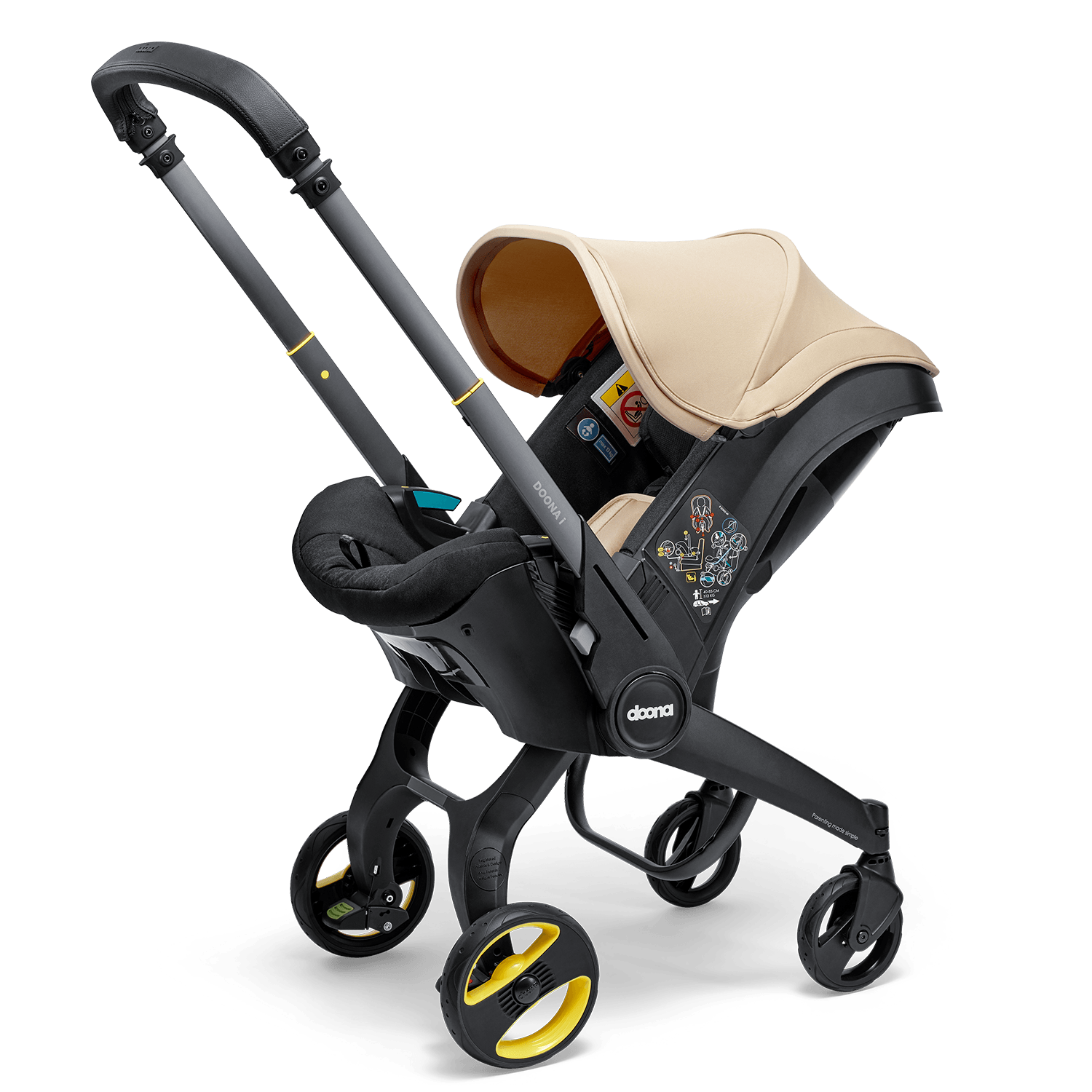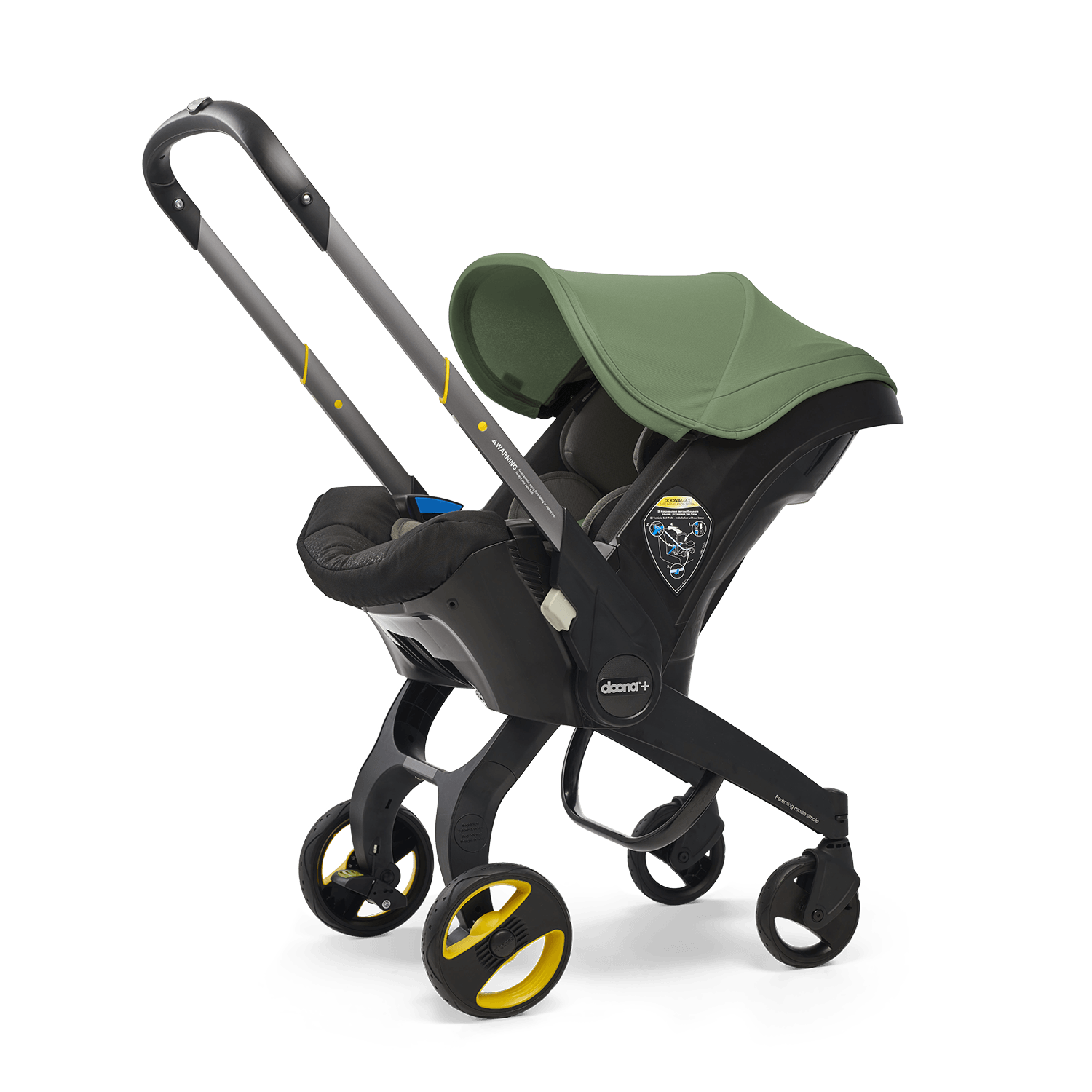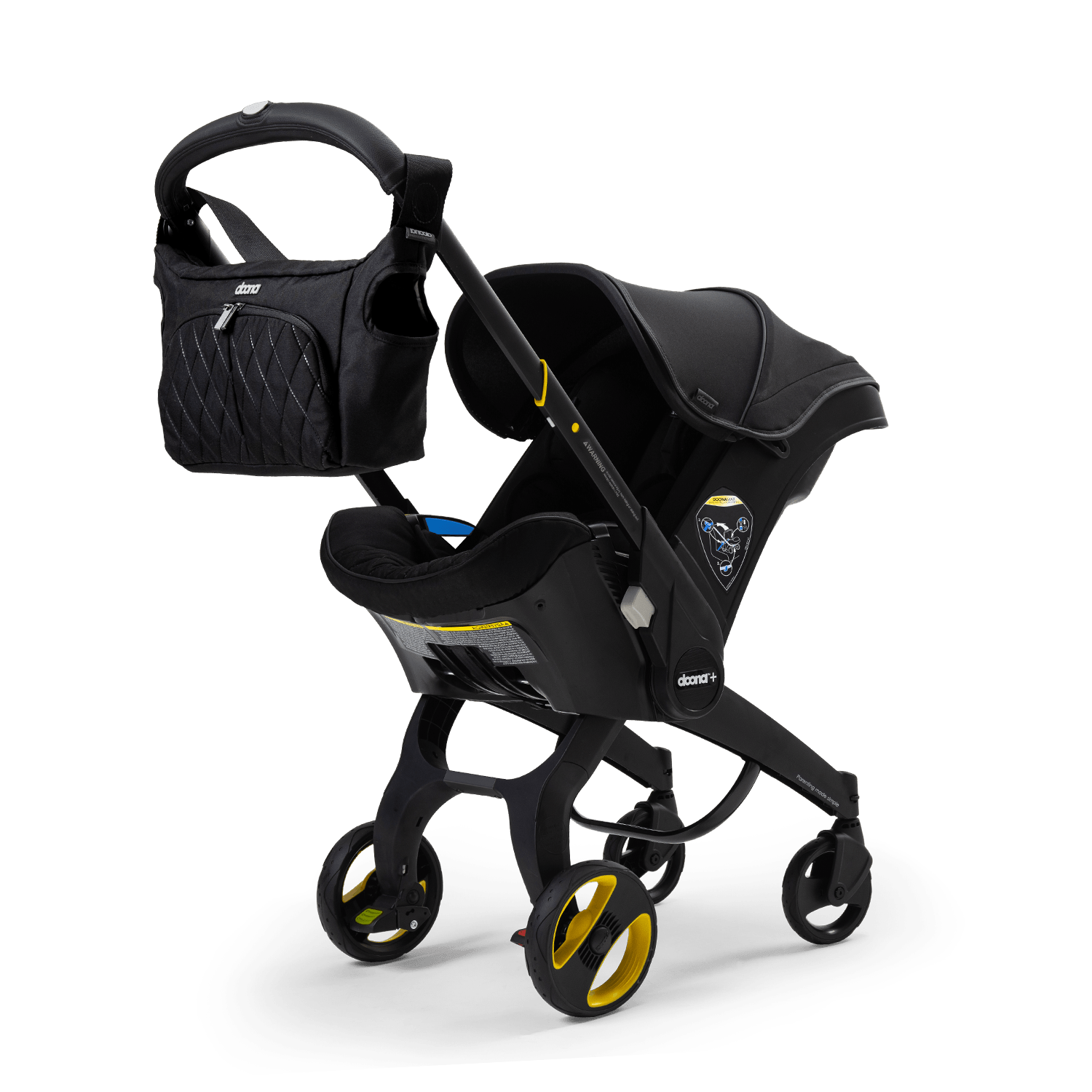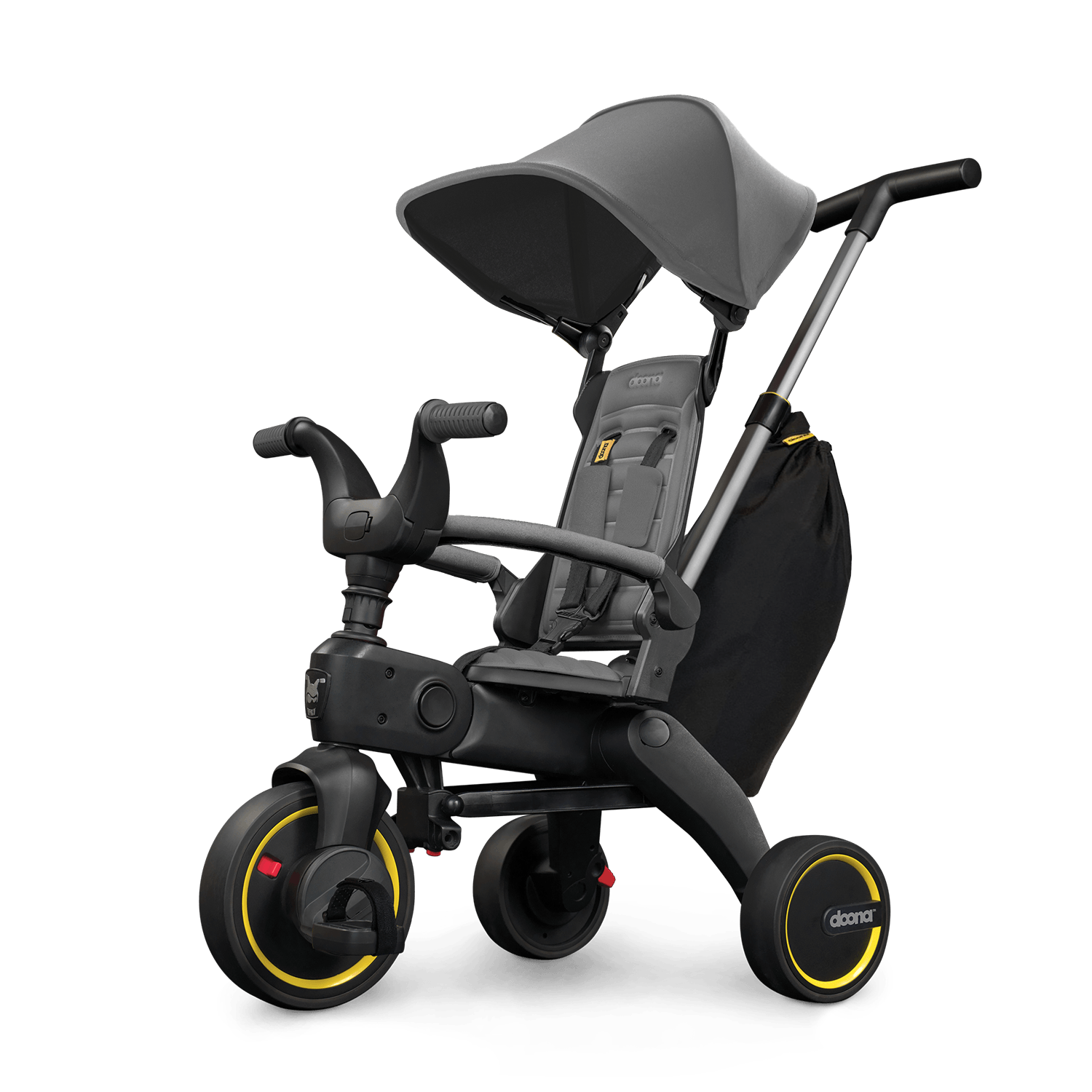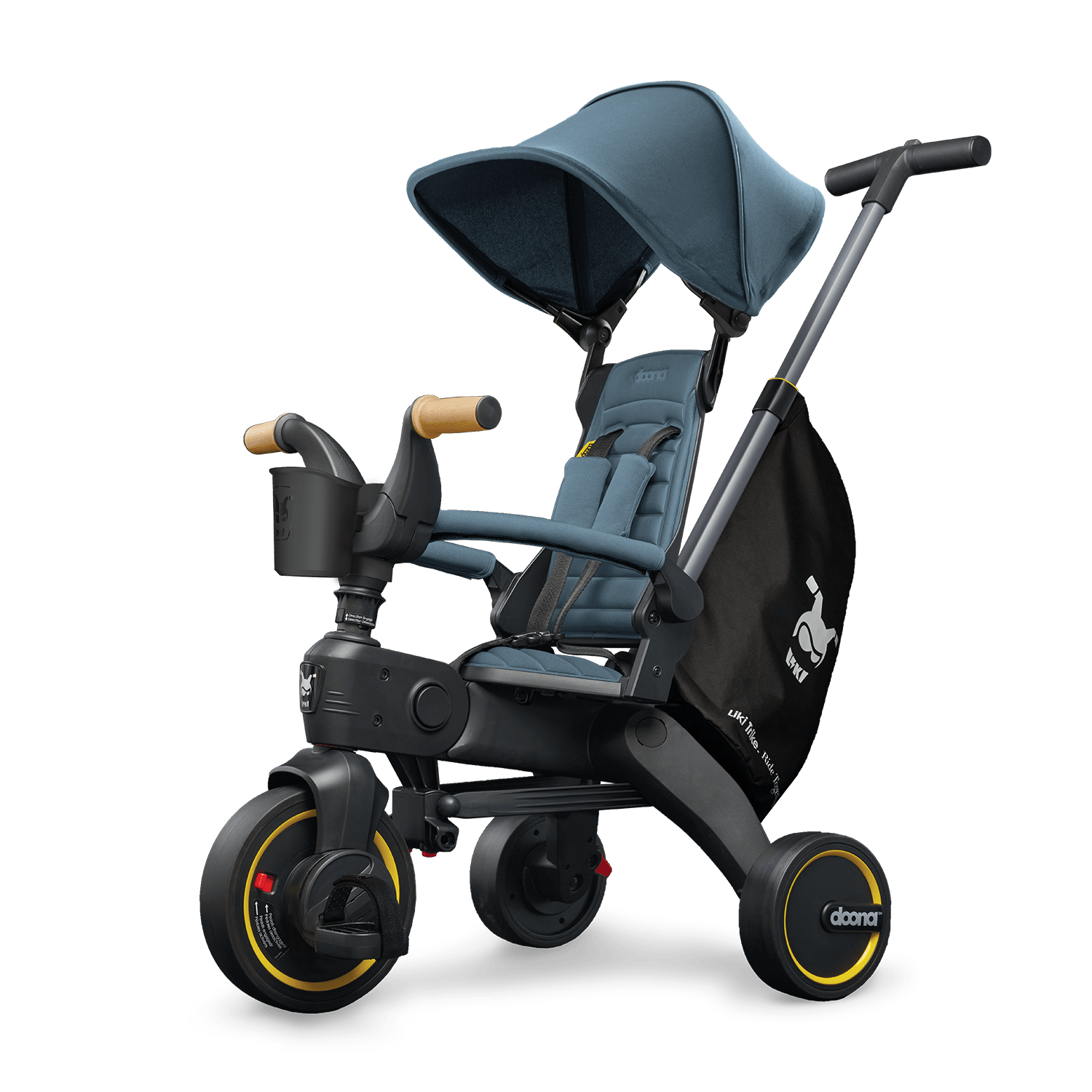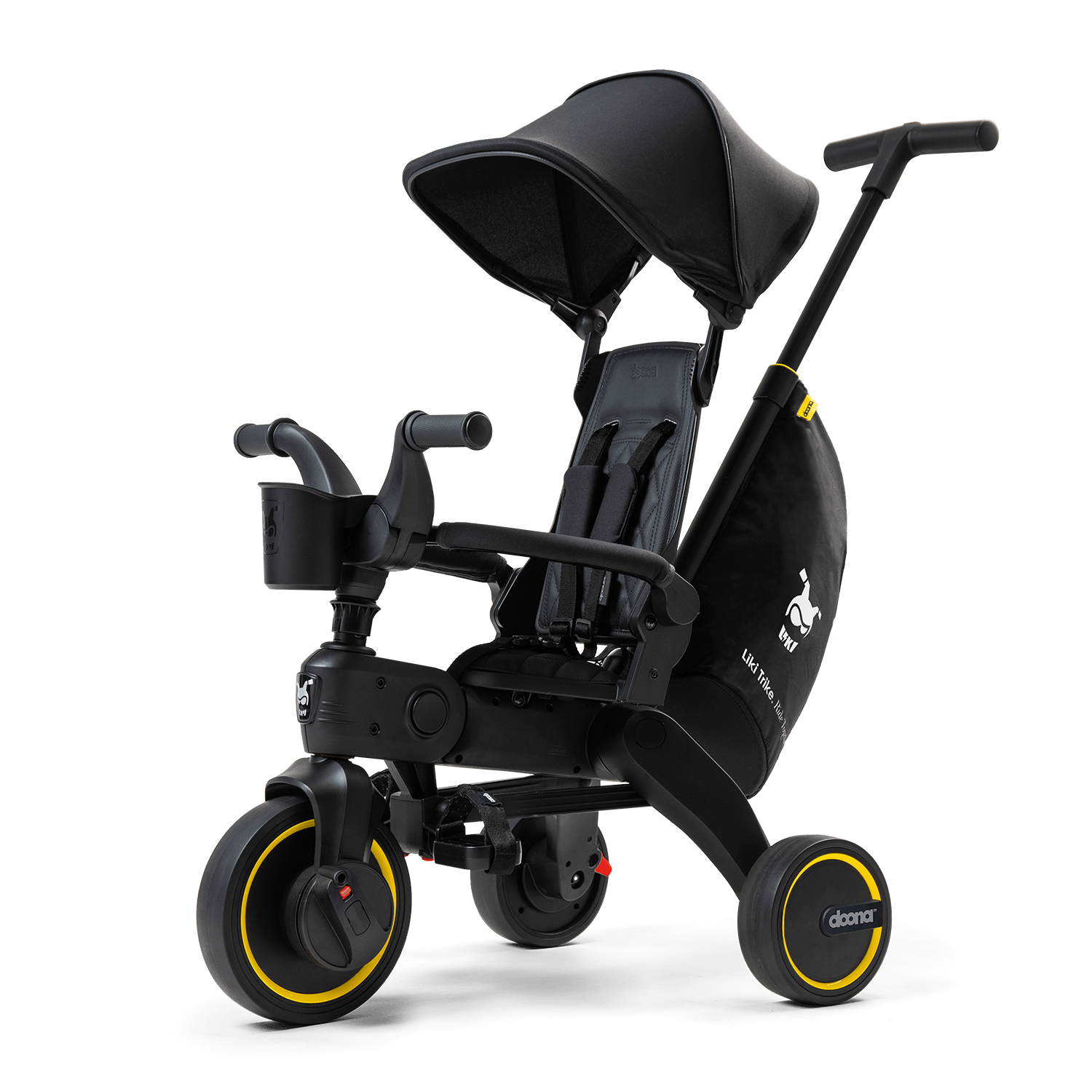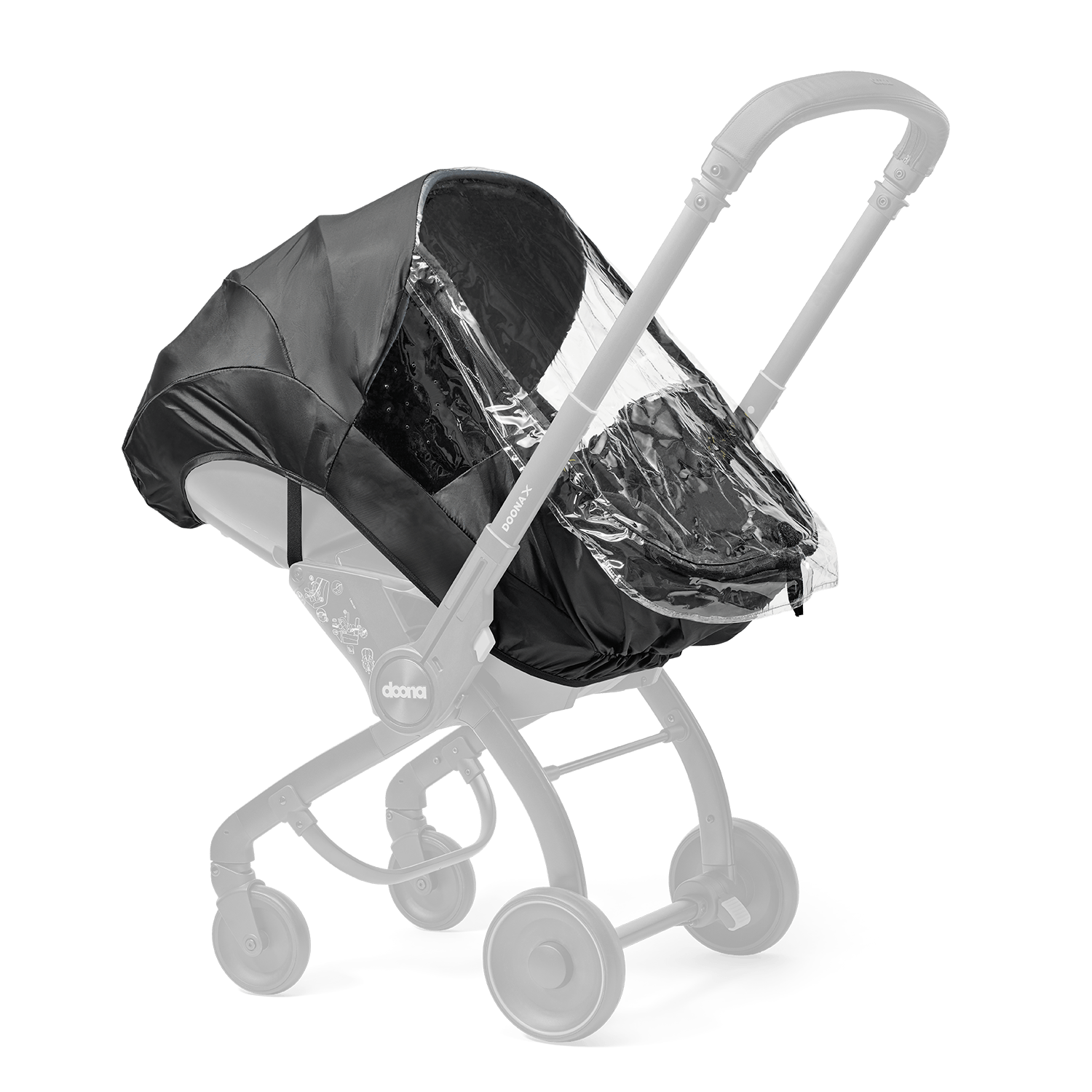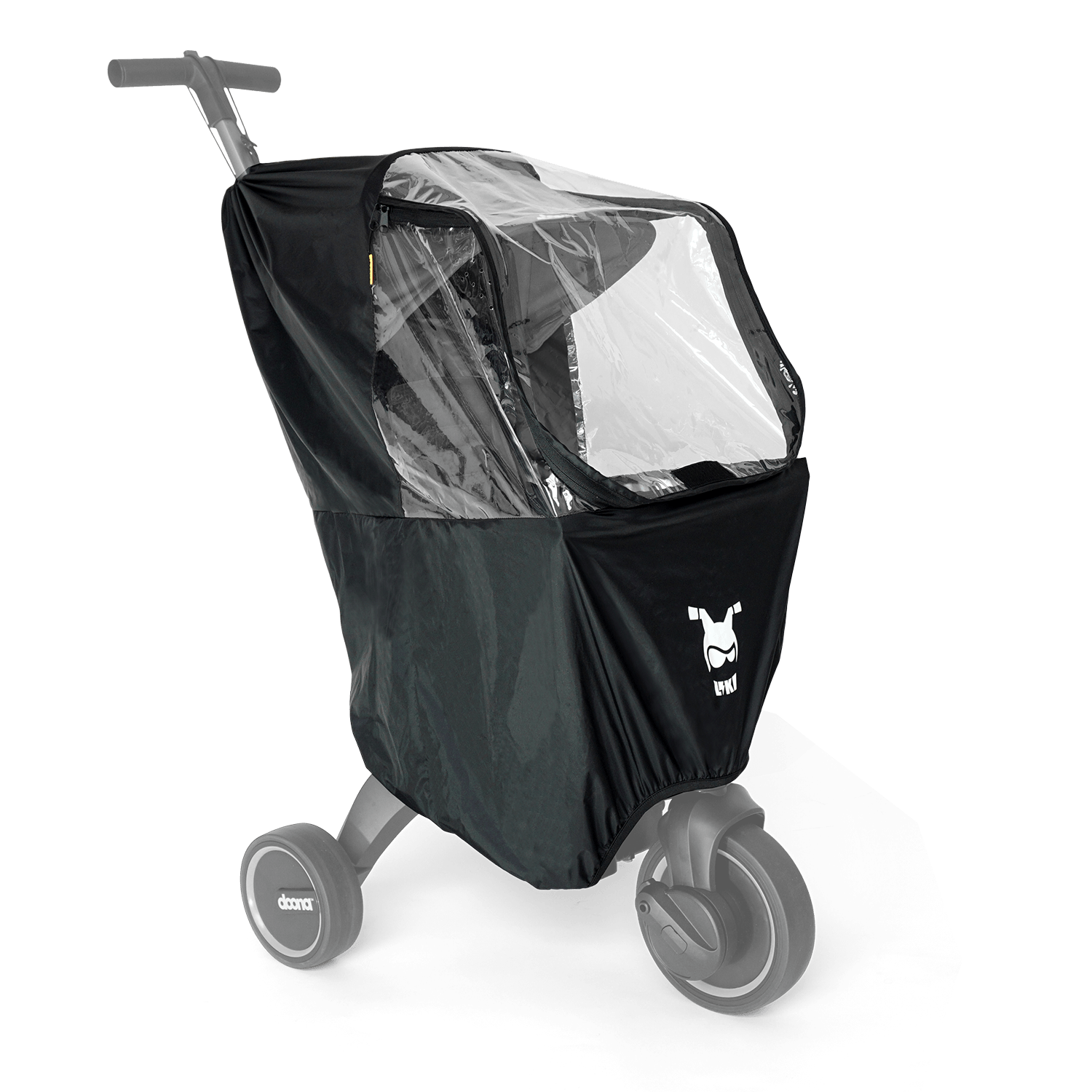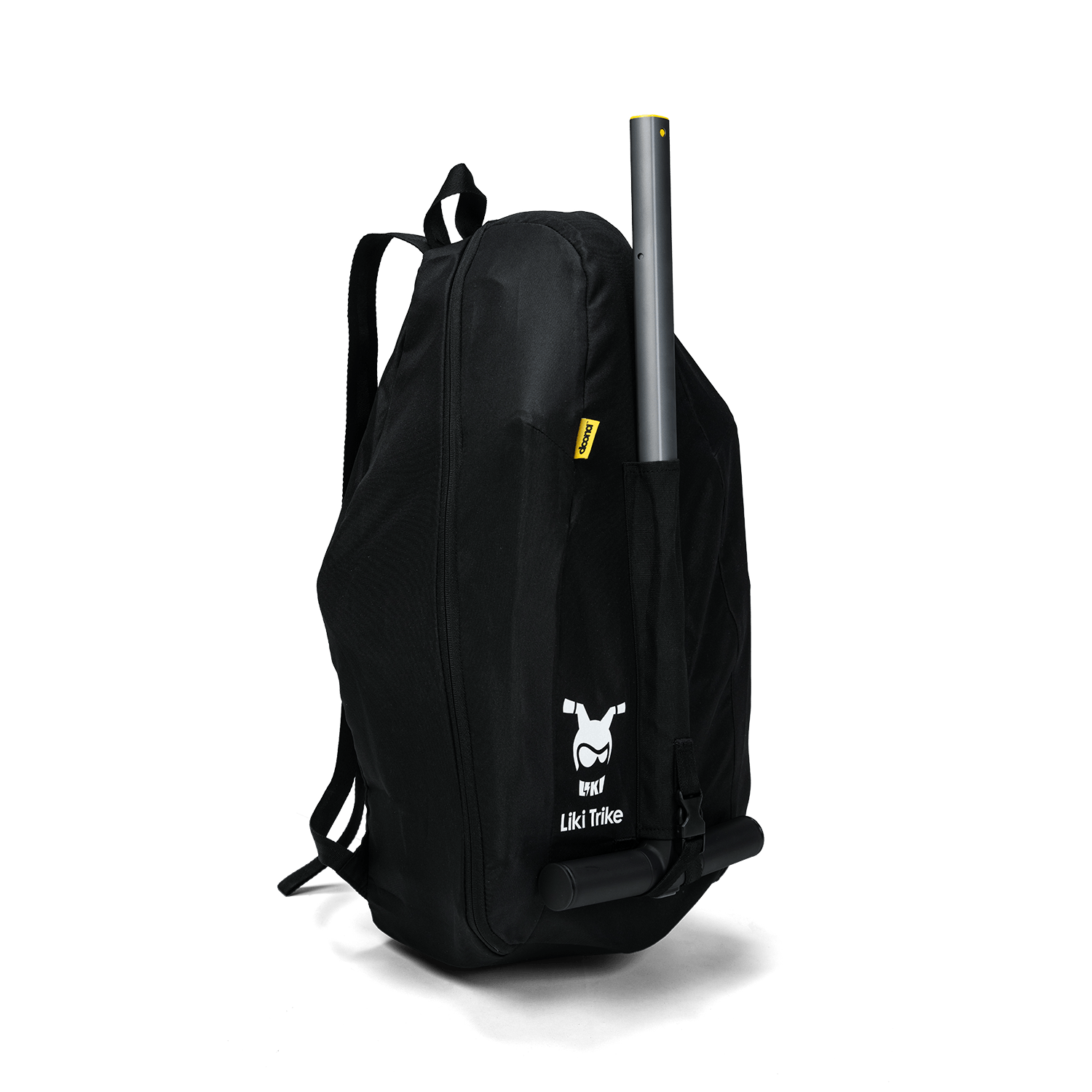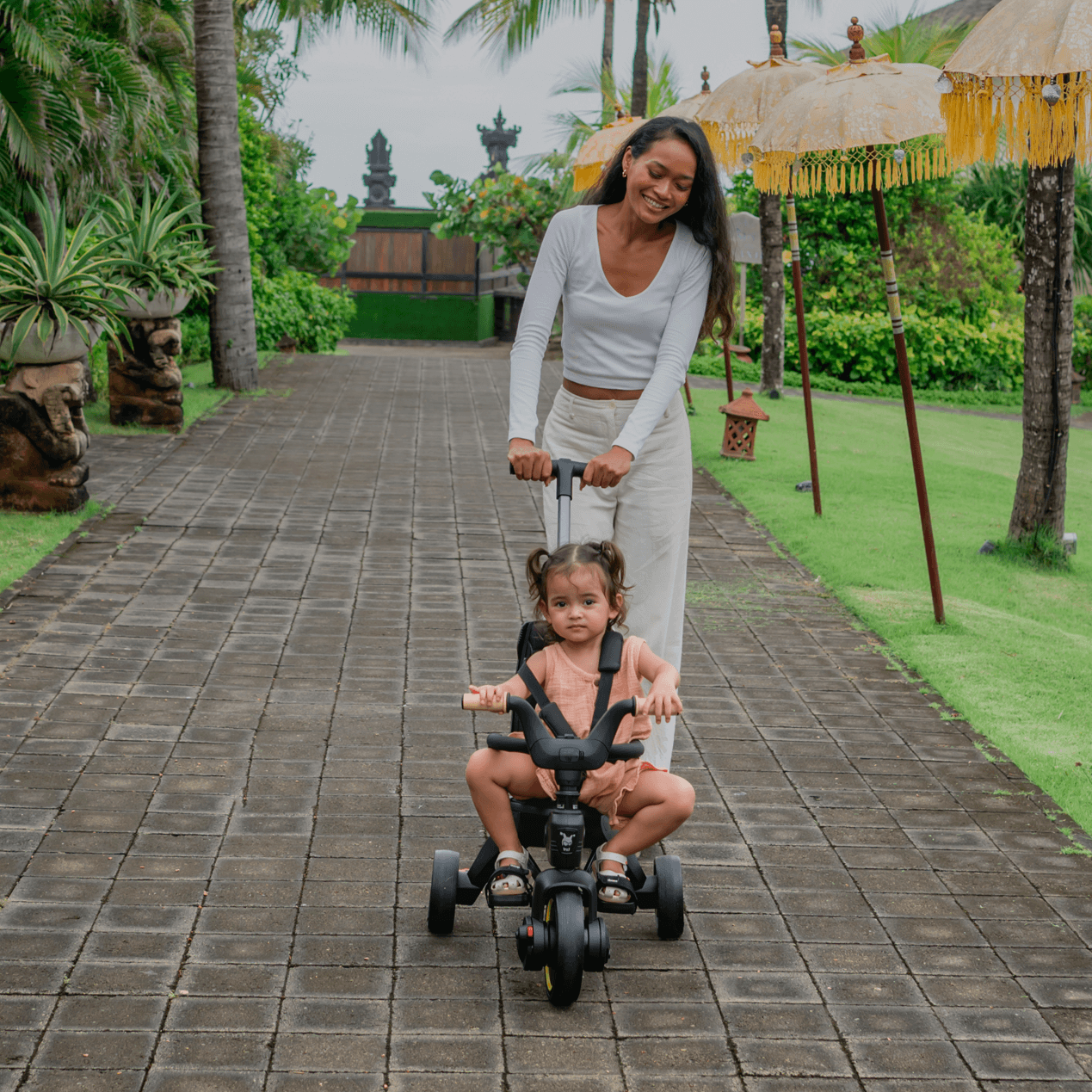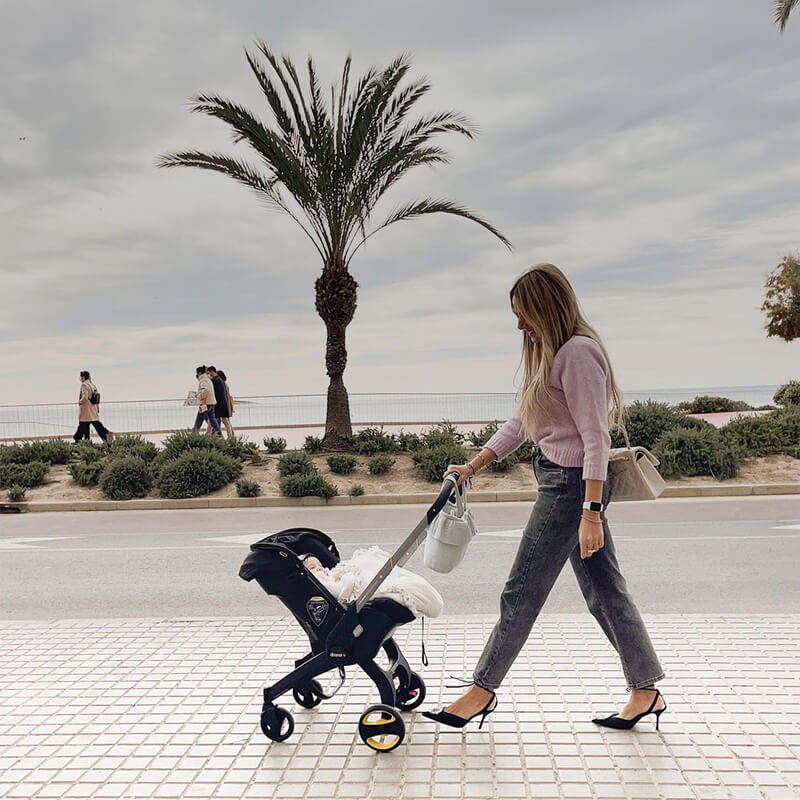Insights on holistic maternity care with Melissa Phillipe
In our latest Insight Series, we learned from Afro-Indigenous Traditional Midwife, Women’s Wellness Practitioner, and Health Activist, Melissa Phillipe! Born in Haiti with a family legacy in holistic health, Melissa shares her story as the founder of Blissful Births & Connections, and how she provides culturally-rooted resources and comprehensive maternity care to families. We also discuss her knowledge about filling the gaps in modern medical care, the value of ancestral wisdom, essentials for postpartum recovery, and so much more.
Can you tell us a little bit about Blissful Births & Connections and what inspired you to become a holistic health provider?
Blissful Births & Connections was born from a deep calling to be the bridge and light for BIPOC people to reclaim traditional wisdom, restore holistic care in maternity, and support families in a way that honours the mind, body, and spirit.
My journey is my life; I was born and raised in L'Artibonite, Haiti. Holistic health is our family legacy, not a career choice—it is an ancestral remembrance. As an Afro-Indigenous Traditional Midwife, Birth Keeper, and Women’s Wellness Practitioner, I have always been drawn to the wisdom of natural healing, plant medicine, and the sacred process of bringing life into the world.
I was inspired to create Blissful Births & Connections because I saw the gaps in modern maternity care—the lack of emotional, spiritual, and community-based support, especially for Black and Indigenous families. Too often, pregnancy and birth are treated as medical conditions rather than the powerful, physiological, and spiritual experiences they genuinely are. I wanted to offer a space where families could receive holistic, culturally rooted care—not just during birth but throughout every stage of their journey, from fertility and conception to postpartum, loss, and beyond.
At Blissful Births & Connections, we integrate ancestral birth traditions, herbal medicine, lactation support, postpartum healing rituals, and trauma-informed care to ensure parents feel empowered, heard, and deeply supported. Our approach is not just about guiding parents through birth but about helping them reclaim their power, trust their bodies, and nurture their families with wisdom passed down through generations.
Ultimately, my work is a calling to bridge the gap between ancient traditions and modern wellness, ensuring that every family—regardless of background—has access to the kind of care that honours their history, uplifts their spirit, and nurtures their journey into parenthood.
How does your approach as an Afro-Indigenous Midwife and Birth Keeper differ from conventional modern medicine?
My approach as an Afro-Indigenous Midwife and Birth Keeper differs from modern medicine by centering the birthing person as the expert of their own body and experience. Unlike the medical model, which often pathologises pregnancy and childbirth, my care is rooted in physiological birth, traditional herbal remedies, ancestral knowledge, and deep emotional and spiritual support. I prioritise informed choice, autonomy, and community-based care, ensuring that families receive holistic support that honours their cultural and personal needs rather than a one-size-fits-all medical approach.
"Providing care from conception to postpartum and even grief counseling is essential because birth is not just a physical event—it’s an emotional, spiritual, and transformative journey. "
Why is it so essential to provide new parents with comprehensive care, from conception to postpartum, to grief counseling?
Providing care from conception to postpartum and even grief counseling is essential because birth is not just a physical event—it’s an emotional, spiritual, and transformative journey. The journey also doesn’t begin at conception; it starts as soon as your first menstrual cycle begins, and sadly, many women lack the education and knowledge to take care of their wombs before pregnancy. People often don’t realise how significant everything surrounding them is until they bring a new life. Families need continuous, compassionate support to navigate the highs and lows of fertility, pregnancy, birth, and postpartum recovery in a way that nurtures their overall well-being.
What kind of support can families expect from a birthkeeper/doula on your postpartum care team?
Families receiving postpartum care from our birthkeepers/doulas can expect hands-on newborn care assistance, breastfeeding support, emotional and mental health check-ins, guidance on postpartum recovery, and advocacy to ensure they receive the care they deserve. We guarantee that each family is supported in the way that works for them, so whether that’s C-Section healing, family integration, or lactation services, we have a team to serve everyone.
How do you incorporate mental health care into your offerings?
Mental health is woven into every aspect of my care. We don’t begin any care without a mental health assessment, and we even partner with local licensed mental health therapists to ensure all families can receive care. We incorporate trauma-informed support, mindfulness practices, and counselling to help parents navigate anxiety, depression, and birth-related trauma. Creating a space where families feel heard, validated, and empowered is just as important as physical recovery.
"The body, mind, and spirit undergo a profound transformation after birth, and true healing requires intention, nourishment, and care."
Postpartum recovery is often overlooked; what are some essential self-care tips for new mothers?
Postpartum recovery is often overlooked, but at Blissful Births & Connections, we understand that healing is not just rest—it’s restoration. The body, mind, and spirit undergo a profound transformation after birth, and true healing requires intention, nourishment, and care.
We incorporate ancestral postpartum rituals, like our Ayiysen Herbal Blend for the Closing of the Womb Ceremony, to help mothers reclaim balance and seal the body’s energy after birth. Herbal support is a key part of postpartum healing. Our sitz bath, yoni steam, and postpartum tea are made with botanicals like mango leaf, moringa, and calendula, promoting womb recovery and acting as a natural lactation support. These herbs help reduce inflammation, support tissue repair, and encourage milk production, making them essential for healing and nourishment.
Beyond physical recovery, postpartum is also about emotional and spiritual well-being. Many new mothers are told to simply "rest," but real healing happens when they are nourished, supported, and given space to process this transition. It’s our purpose to provide guidance, herbal remedies, and community support to ensure that new mothers feel empowered, not depleted, in their postpartum journey.
What are your favourite natural remedies or techniques for managing pregnancy discomforts?
Some of my favourite natural remedies include ginger or peppermint for nausea, magnesium for muscle cramps, raspberry leaf tea to support the uterus, and warm compresses or acupuncture for pain relief. Finding a Webster-certified chiropractor will assist in alleviating pelvic, back and leg pain with gentle adjustments and stretches. Movement, breathwork, and hydration also play a huge role in managing common pregnancy discomforts.
How are you advocating for better women’s health in general?
I advocate for better women’s health by fighting for culturally competent, patient-centred care, educating families on their birthing rights, and providing spaces where Black and Indigenous birthing people feel safe, heard, and respected.
Also, by creating Rooted in Wisdom and Tiny Roots Crew. Many of my clients wanted a community of like-minded women. Rooted in Wisdom is our community-centred organisation that builds that collective for women worldwide. With over 300+ active members from all walks of life (teens, single moms, menopausal women, childless women, and more), I also work to bridge the gap between traditional wisdom and modern healthcare to ensure women and families have access to both evidence-based and ancestral knowledge without the worry of insurance premiums, expensive visits, etc.
"Holistic maternity care is about more than just pregnancy and birth—it’s a full-body, mind, and spirit approach that honours the natural rhythms of fertility, pregnancy, postpartum, and parenting."
Where should parents begin if they want to learn more about holistic maternity?
If parents want to learn more about holistic maternity, the best place to begin is by reconnecting with their ancestors' wisdom and intuition. Holistic maternity care is about more than just pregnancy and birth—it’s a full-body, mind, and spirit approach that honours the natural rhythms of fertility, pregnancy, postpartum, and parenting.
One of the first steps is to educate yourself beyond mainstream narratives. Start by reading books and listening to podcasts focusing on physiological birth, traditional midwifery, and herbal support for pregnancy. Focus on your culture or ancestry and discover how the women in that time handled life and motherhood, unlearning the societal trends of the modern day.
If you’re a BIPOC woman, look into Afro-Indigenous birth traditions, ancient postpartum healing practices, and the role of spirituality in motherhood. Many of these traditions have been lost due to colonisation and medicalisation. However, they are still accessible through oral histories, cultural practitioners, and holistic birth workers who preserve this knowledge.
Another key step is connecting with holistic birth workers and communities. Seek traditional midwives, birth keepers, doulas, and holistic wellness practitioners who align with your values and can guide you. Online spaces like Rooted in Wisdom offer knowledge, workshops, and community support where parents can ask questions and learn in a supportive, culturally affirming space.
It’s also important to start incorporating holistic practices into daily life. This might include using herbs for reproductive health, learning about the benefits of movement and breathwork during pregnancy, exploring mindfulness techniques for birth, or preparing for postpartum with nourishing foods and traditional healing practices.
Most importantly, trust your body and intuition. Holistic maternity care is about empowerment—understanding that birth is not a medical event but a profoundly natural and spiritual process. Parents who begin this journey with curiosity, an open heart, and a willingness to unlearn and reclaim ancestral knowledge will find that holistic maternity is not just a practice but a way of life.
Can you share some of your upcoming events focused on educating parents?
Absolutely! At Rooted in Wisdom, we prioritise education, empowerment, and community support for women at every stage of their journey. We have several upcoming events every weekend in March designed to provide holistic guidance and wellness. Since March is Women’s Month, we are focusing on topics of Holistic stress & energy management, Healing through ancestral practices, mamas' movement in pregnancy and a few in-person events to build community further.
For those looking for more ongoing support, Rooted in Wisdom offers our members resources, including exclusive classes, expert Q&A sessions, and a strong community of like-minded women who believe in holistic, intentional living. Parents interested in joining these events can stay updated, or reach out for more details, through our platforms. Education is the foundation of empowerment, and we are committed to providing the knowledge and resources parents need to navigate this journey with confidence and clarity.
Melissa Phillipe is an Afro-Indigenous Traditional Midwife, Wellness Practitioner, and Women’s Health Activist. She is the founder and owner of Blissful Births & Connections, a professional organization providing support and care for growing families from conception to postpartum and beyond. Stay connected with Melissa through her Instagram handle, @faithandmamaa or her website.
At Doona, we’re always trying our very best to make parenting simpler for every family. Which is also why we’ve created our innovative and revolutionary Doona Car Seat and Stroller which transforms from a car seat to a stroller in the click of a button; and Liki Trike — the most compact folding toddler trike on the market that grows alongside toddlers with five modes of use.
